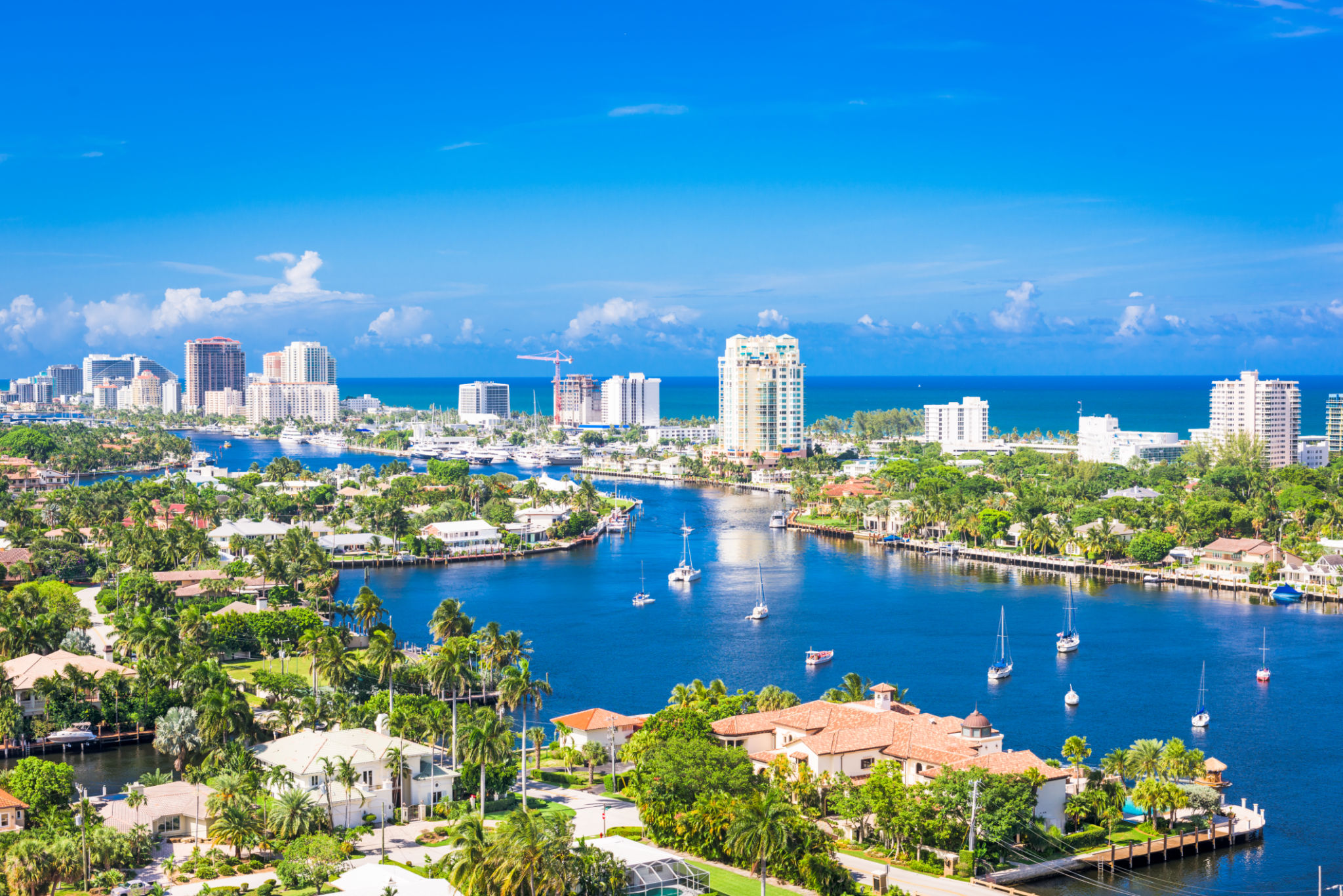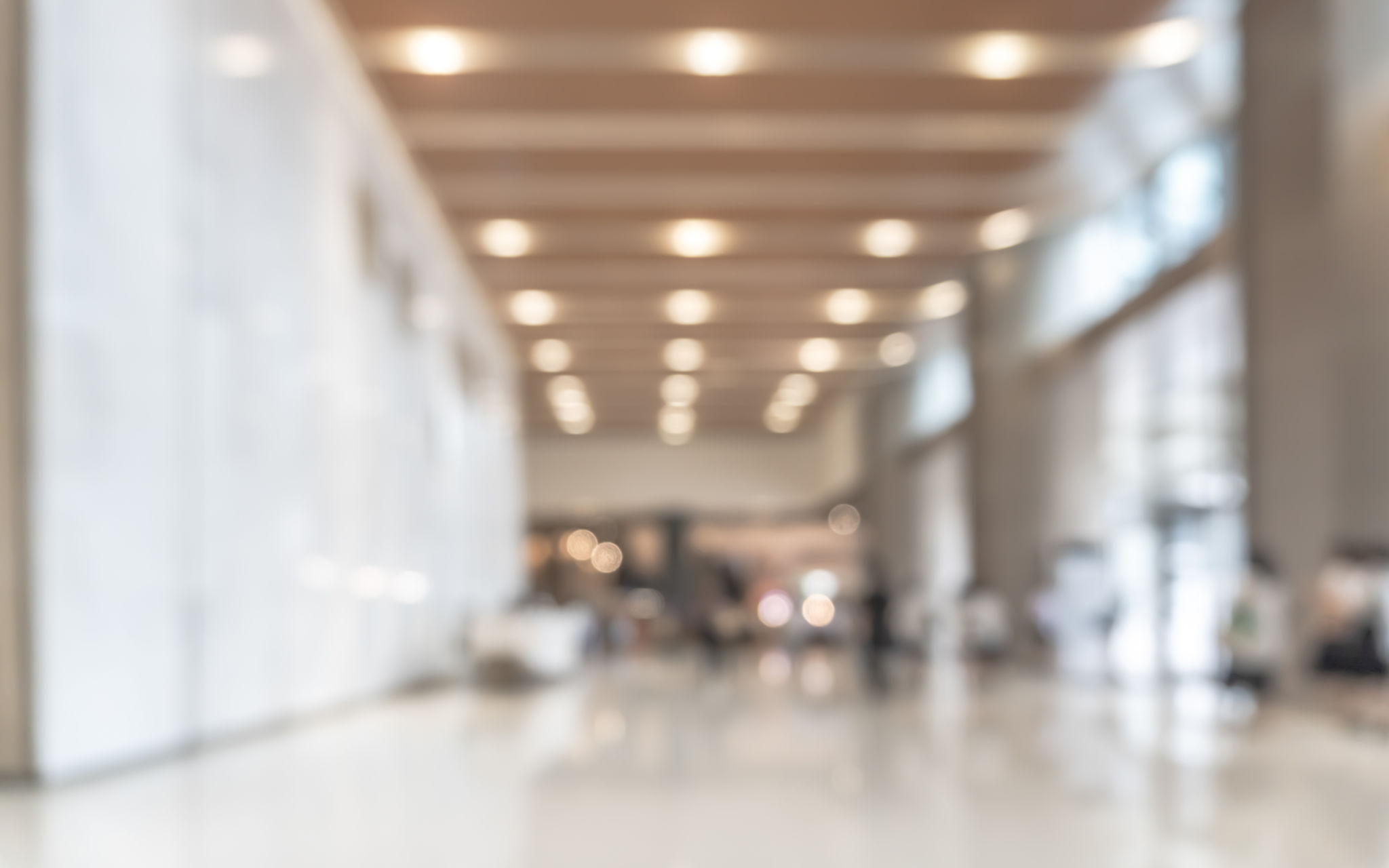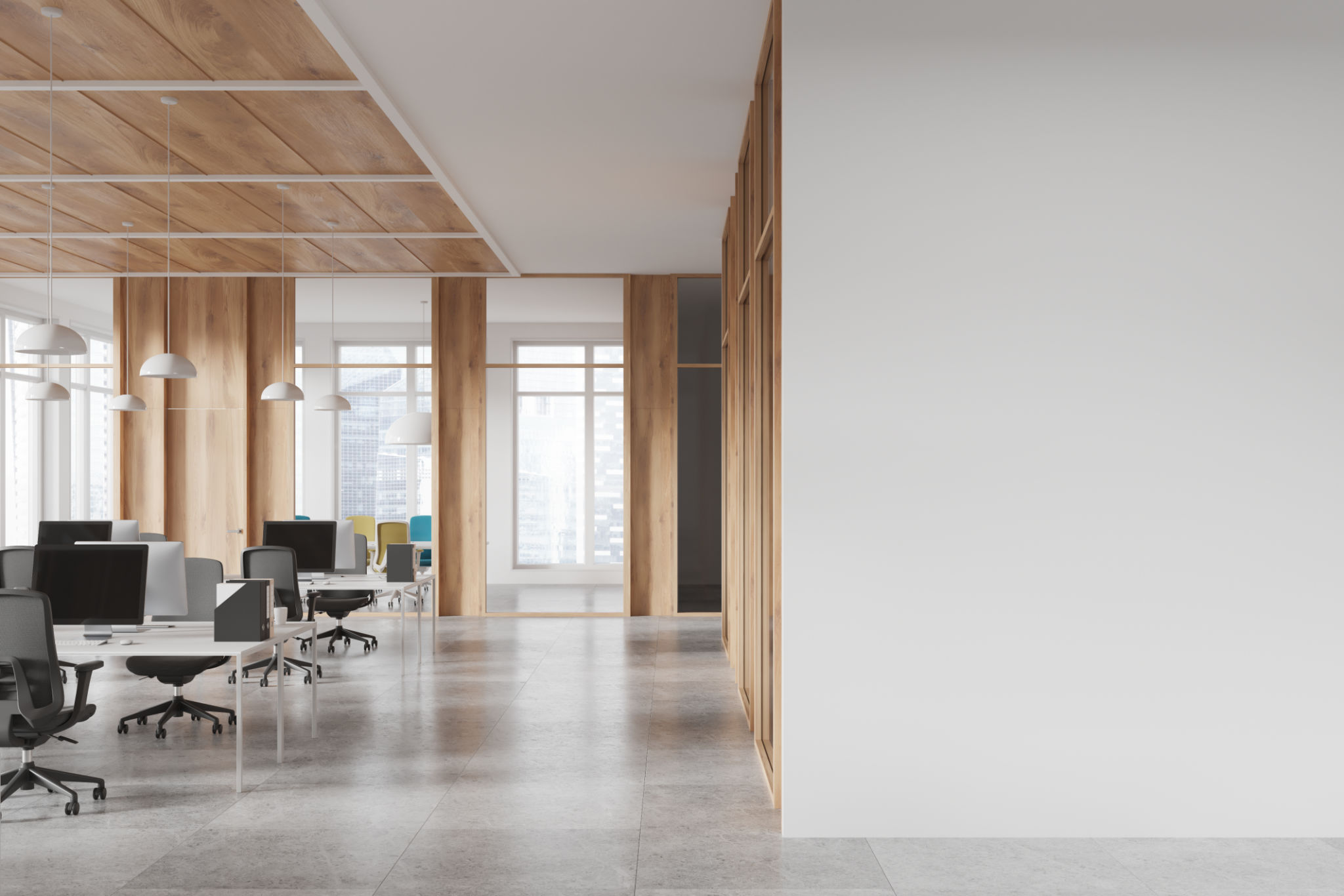Understanding Fort Lauderdale's Commercial Real Estate Trends
Overview of Fort Lauderdale's Commercial Real Estate Market
Fort Lauderdale, a thriving hub in South Florida, has been experiencing significant transformations in its commercial real estate market. With its strategic location, diverse economy, and vibrant lifestyle, the city is attracting investors and businesses looking to capitalize on its growth potential. Understanding the trends shaping this market can provide a competitive edge for stakeholders looking to invest or expand in the area.
One of the key trends in Fort Lauderdale's commercial real estate is the growing demand for mixed-use developments. These projects combine residential, commercial, and recreational spaces, offering convenience and promoting a live-work-play lifestyle. This trend reflects broader shifts in consumer preferences, where individuals seek vibrant communities that offer everything within walking distance.

Impact of E-commerce on Retail Spaces
The rise of e-commerce has significantly impacted retail spaces in Fort Lauderdale. As online shopping continues to grow, traditional brick-and-mortar retailers are adapting by reinventing their spaces to offer unique experiences that cannot be replicated online. This includes integrating technology, creating interactive displays, and hosting in-store events to draw consumers in.
Moreover, there is an increasing trend towards smaller retail footprints with more emphasis on showrooms and pick-up locations. Retailers are optimizing their spaces to serve as a complement to their online presence rather than direct competition. This shift is shaping how developers approach new retail projects and renovations in existing spaces.

Office Space Evolution Post-Pandemic
The COVID-19 pandemic has reshaped the office space landscape in Fort Lauderdale. As remote work becomes more prevalent, businesses are reevaluating their office needs. Many companies are opting for flexible leases and smaller spaces, adopting a hybrid model that combines remote work with occasional office presence.
This shift has led to an increased demand for co-working spaces and offices that offer flexibility and collaboration opportunities. Developers are focusing on creating office environments that are not just functional but also foster creativity and well-being, incorporating amenities such as fitness centers, green spaces, and advanced technological infrastructure.

Investment Opportunities and Challenges
With these evolving trends, Fort Lauderdale presents numerous investment opportunities in its commercial real estate market. The city’s economic growth, coupled with its attractiveness as a business destination, makes it an appealing option for investors looking to diversify their portfolios.
However, there are challenges to consider. Rising construction costs and supply chain disruptions can affect project timelines and budgets. Additionally, navigating zoning regulations and understanding the local market dynamics are crucial for making informed investment decisions.

Future Outlook
The future of Fort Lauderdale's commercial real estate market looks promising. As the city continues to grow and evolve, the demand for innovative and sustainable developments will likely increase. Stakeholders who understand these trends and adapt accordingly will be well-positioned to reap the benefits of this dynamic market.
In conclusion, by keeping a close eye on these trends—mixed-use developments, the impact of e-commerce on retail spaces, the evolution of office spaces, and the challenges of investment—stakeholders can strategically position themselves for success in Fort Lauderdale's thriving commercial real estate landscape.
